Forrest Lehwalder Norvell

empathy at scale
With the other two members of my team, I manage the open-source CLI interface for a popular package manager for web developers. The three of us decide upon the project's direction, define the scope of the product, handle support for the many thousands of npm's users, collaborate with the other stakeholders in the JavaScript community, and even occasionally write code. 3 paid developers is a significant commitment for a for-profit company to make to an open source project, but it's a small group to be supporting a project of this popularity. That popularity continues to grow geometrically, and hasn't shown much sign of slowing down.
At last October's Open Source & Feelings, Jacob Kaplan-Moss gave an excellent talk on his experiences as a Django maintainer, and what ultimately led him to quit working on the project. Shortly after that, I gave a talk at another conference, entitled Empathy & Burnout that was, in some ways, in conversation with Jacob's talk. It discussed my own experiences as someone who hadn't yet gotten to the point of no return, and what I was doing to try to make the load of doing OSS work sustainable. Since then, I've continued to do the work described in that talk, and to struggle to balance the needs of the community for a popular open-source project with the need to take care of myself and the members of my team.
Something that was less clear to me then than now is that there is a largely invisible complement of less-visible emotional labor involved in this kind of work that can't just be waved away by being encouraged to maintain a healthy work-life balance. Even in a community, like npm's, that's blessed with a relative absence of abusive behavior and harassment, there's still a lot of mundane negativity and frustration that bleeds through from communication with the people depending on your project to do their jobs. Finding the right balance between project work and working to support a welcoming and inclusive community is tricky to manage. It takes effort and a lot of (sometimes ethically hazardous) judgment calls to determine what, exactly, "life / work balance" means when you're a small team supporting an ever-growing user community.
I don't propose to provide clear-cut answers to these problems, because I haven't figured them out. What I do have is strategies, and some thoughts about what it's going to take to make it so that those of us can do this work can imagine still doing it more than a few months down the road. I also have what I believe is some useful advice about making your peace, as an open source developer, or an open source project manager, with dropping all kinds of things on the floor, and how to do that without harming the project, or its users. So, real talk, but not without hope.
